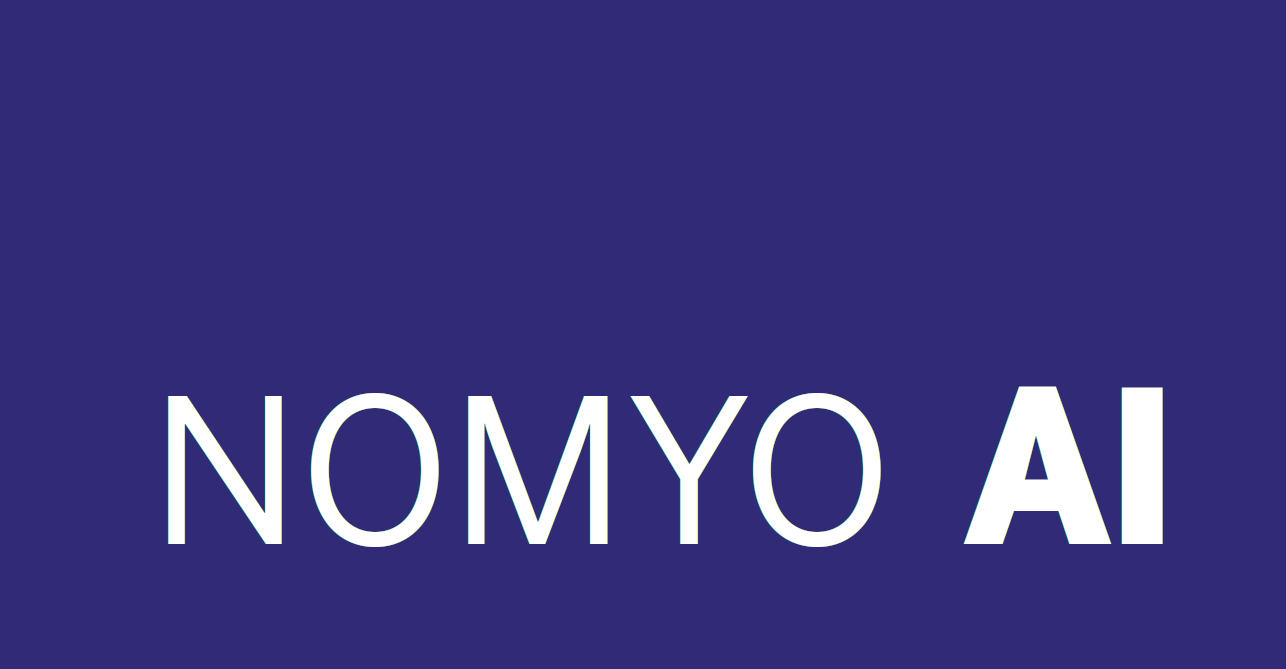By teammate February 18, 2025
Attention economy
In today’s digital landscape, we’re witnessing a significant shift from what is known as the attention economy towards something even more profound: the intention economy. This transformation raises numerous questions about its implications for both businesses and individuals.
The concept of the attention economy revolves around the idea that human attention is a scarce commodity, traded for access to digital platforms. For decades, companies like Instagram and Facebook have thrived by capturing users’ fleeting moments of focus. However, as technology advances, a new horizon emerges — one where understanding not just where our attention lies but what drives it (our intentions) — is becoming increasingly valuable.
Intention economy
The potential benefits of this shift are intriguing. Imagine receiving services and recommendations that align perfectly with your needs and preferences. Advanced AI tools could anticipate what you’re looking for before even you know it, offering a level of personalization previously unattainable. This could lead to more efficient interactions between users and businesses, where time is saved and satisfaction levels are heightened.
However, the promise of such technological prowess doesn’t come without its pitfalls. The notion of an intention economy raises critical ethical questions about autonomy and privacy. As AI grows increasingly adept at predicting and even influencing our intentions, there’s a risk that we might lose control over what drives us — subconsciously swayed by forces beyond our awareness.
Privacy concerns are equally pressing. Intentions, being the inner drivers of behavior, could reveal sensitive information about an individual’s desires and motivations. If mishandled or misused, this data could become a tool for manipulation, whether in political campaigns seeking to sway voter opinions or businesses aiming to craft irresistible marketing strategies that exploit our deepest inclinations.
Moreover, ethical considerations extend beyond individual privacy into the realm of societal impact. The potential commodification of human intent poses risks to democratic processes and free markets. Without transparency and regulation, there’s a danger that these insights could be weaponized in ways that undermine fair competition or skew public discourse, eroding trust and freedom.
While the transition from the attention economy to the intention economy holds great promise for innovation and efficiency, it also presents significant challenges. The future of this shift will depend heavily on how we navigate these ethical landscapes. Robust regulations, transparency in AI applications and a commitment to preserving user autonomy and privacy are essential to ensure that such advancements benefit society as a whole without compromising our fundamental values.
The intention economy is not inherently good or bad; its impact will be shaped by the choices we make today about how it unfolds. As we stand at this crossroads, careful consideration and proactive measures will determine whether this new digital frontier enhances our lives or encroaches upon them.
NOMYO AI commits to preserving user autonomy and privacy
In the rapidly evolving world of digital innovation, NOMYO AI stands as a beacon of trust and integrity. We are fully committed to safeguarding your autonomy and privacy amidst the complex tapestry of technological advancements, even or because we are developing cutting edge technoloy. With every interaction, our mission is clear: to empower you with control over your data while ensuring that your personal boundaries remain inviolable. Join us in embracing a future where technology serves humanity without compromising its core values.

